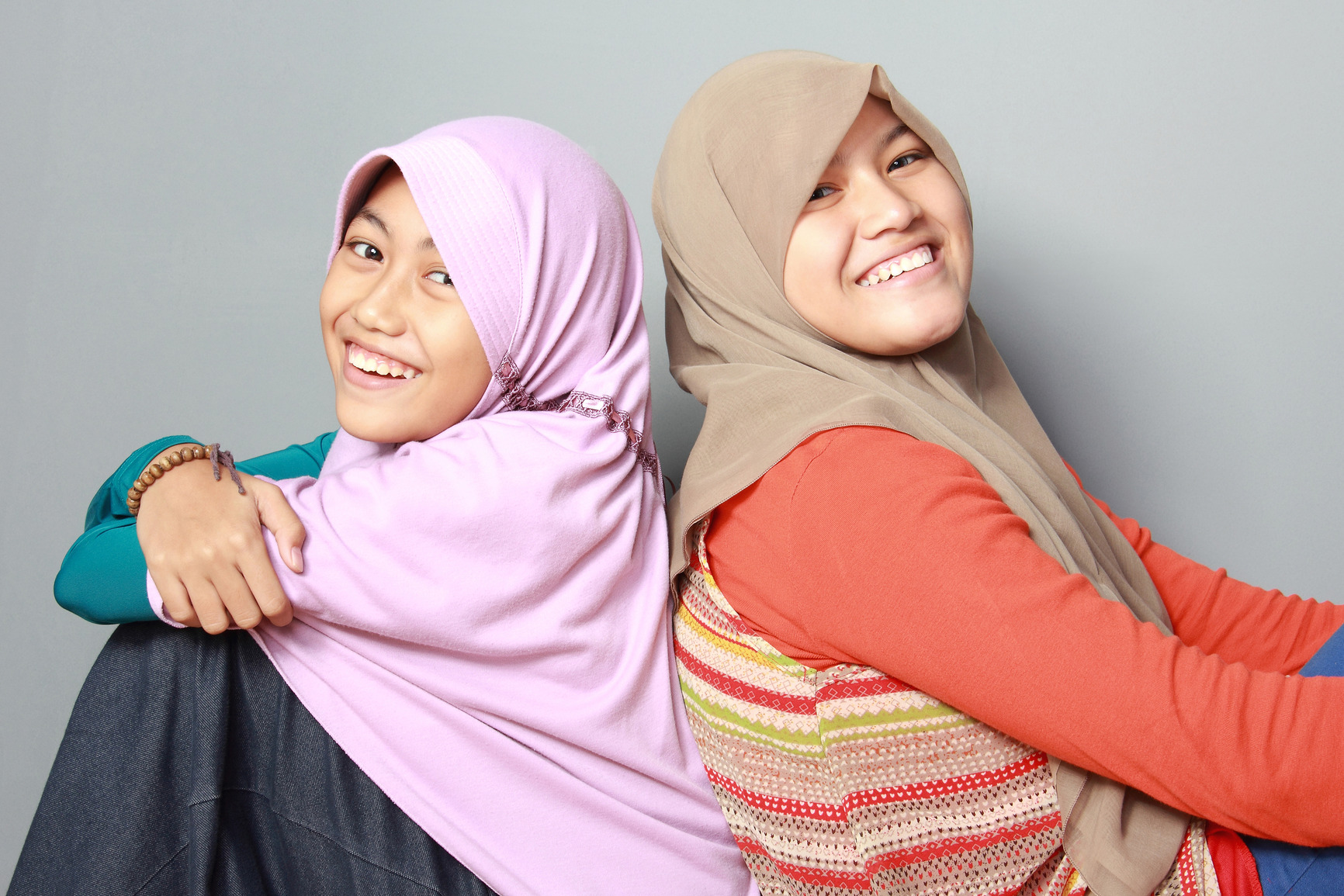Community News Vol. 9 Iss. 4
Kansas State offers course on halal
KANSAS–Kansas State University’s Food Science Institute will begin offering a new distance education course in the spring 2007 semester about regulations dealing with kosher and halal food production.
Kosher and Halal Food Regulations, or FDSCI 630, is a two credit-hour course that will be taught by Joe M. Regenstein, professor of food science at Cornell University and head of the Cornell Kosher Food Initiative. Regenstein also is an adjunct professor of food science at K-State.
The course is for students in food science, dietetics, agricultural economics, the hotel and hospitality industry, animal sciences, and religious and area studies. People already in the food industry may find the course helpful for career development. All students and adult learners in degree and non-degree programs may take the course as a general education requirement at K-State. Credits from the course may be transferred to other educational institutions, when possible.
The new course is just one of many distance learning options leading to a bachelor’s or master’s degree in food science from K-State.
More information about the course is available by contacting Bettie Minshall, minshal@k-state.edu; Regenstein at jmr9@cornell.edu; or online at K-State’s Division of Continuing Education, www.dce.k-state.edu and click on “course offerings.â€
Muslim Advocates commends Attorney General
Muslim Advocates,a charitable initiative of the National Association of Muslim Lawyers, has commended Attorney General Alberto Gonzales for heeding its call to publicly reaffirm the commitment to religious liberty.
Mr. Gonzales in a recent speech to the U.S.Attorneys National Security Conference, had said: “As U.S. Attorneys, upholding civil liberties is utterly central to your work. … You also have a duty to show your colleagues and your districts that we are not engaged in a struggle against a faith or religion. On the contrary, we very much need the partnership of the Muslim community. …
We believe in religious freedom for everyone. The Department of Justice is committed to protect these rights, and in doing so, I think we promote trust and provide an alternative way to that of radicalization.â€
In a statement the Muslim Advocates praised the Attorney General for taking this step and urged the administration to continue “to publicly remind the American people of our nation’s rich heritage of religious liberty and to vigorously protect this right.â€
Push for media access
New York, NY–Muslim groups have joined a colaition of national religious organizations calling for more access to broadcast media outlets.
“I have a fear that someday soon we may see Paris Hilton asked to comment on moral issues,†said Kermit Netteberg from the Seventh Day Adventist Church and a member of the NCC Communication Commission. He was speaking to a forum of religious leaders and two members of the Federal Communications Commission in the Manhattan studios of WNET Public Television.
The interfaith gathering was sponsored by the communications committee of the U.S. Conference of Catholic Bishops and the United Church of Christ (UCC), an NCC member communion.
Several speakers voiced frustration at getting out the message of the majority mainstream religious communities in the U.S. in the context of a broadcast industry now dominated by media conglomerates who own multiple stations in local markets across the nation, making program decisions on the basis of economic efficiency rather than community needs.
As a result, the speakers noted, the voice of mainstream faith is often excluded from the on-air agenda, or is displaced by more strident extremist views.
“We represent a vast number of people in this country and it is that voice that needs to be heard,†said the Most Rev. Gerald F. Kicanas, bishop of the Roman Catholic Diocese of Tucson.
“The Muslim community,†said Imam Izak-el Pasha of the Masjid Malcolm Shabazz, located in New York’s Harlem neighborhood, “has virtually no access to present the clear picture of the billion people on this planet who are faithfully and peacefully practicing their faith.â€
There was near unanimous agreement that members of congregations and faith communities need to mobilize to press for better access to the broadcast media. In 2003 the FCC received more than three million messages from concerned citizens over plans to ease station ownership restrictions.
Nashville Muslims open up to the community
NASHVILLE, TN–The Islamic Center of Nashville held an open house on Saturday for the wider community.
Called “Diversity in Islam: A Fulfillment of Dr. Martin Luther King’s Dream,†the open house featured dishes and displays representing various countries and nationalities.
The free event was open to the public. The guest speaker was Amiri Alhadid, chairman of Tennessee State University’s department of Africana studies.
Khaled Sakalla, secretary of the board of the Islamic Center of Nashville, said events such as this enables people to learn about a religion they may not understand.
“The main reason we do this is because every time you hear the word ‘Islam’ nowadays, it’s always associated with violence and terrorism and extremism and that’s not what Islam is all about,†he said.
Framingham Islamic Society plans to grow
FRAMINGHAM, MA–Keeping in mind the increasing number of congregants, the Islamic Society of Framingham hopes to move to a larger space than its present structure. The society has bought a former ice cream shop and plans to move in a after $170,000 in renovations and getting Planning Board approval,reports the Daily News.
The Planning Board will begin its limited site plan review Thursday night in the Memorial Building public hearing room. The Dover Amendment limits how thoroughly town boards can review religious and educational proposals.
“I have no problem with there being a mosque in Framingham,†said board member Andrea Carr-Evans. “The unfortunate thing is it’s another non-profit taking another downtown piece of property off the tax rolls.
“Diversity is good. If we have temples and churches, then we should have a mosque,†she said.
Friendly’s, which closed last year, paid $15,749 in property taxes for fiscal 2006.
The refurbishing likely will include stripping out much of the industrial equipment in the building and replacing the booths with a carpeted floor.
If approved, it will be the second mosque in MetroWest and the only one between Wayland and Worcester. The site is about 2,000 square feet and has parking for 25 cars.
Bridge-building effort betweem Muslims and Police
NEW YORK, NY–In a bid to improve relations with the Muslim community, the New York Police Department has appointed an imam as its outreach coordinator to Muslims. The announcement was made by Comissioner Ray Kelly.
Erhan Yildirim, of the Fathi Mosque in Brooklyn, will work with the department on a range of issues affecting West African and Muslim communities.
“Our outreach to the growing Muslim community in New York is unprecedented,†Kelly said. “We are doing as much or more with the Muslim community than any other community or faith in the city.â€
New location for Mosque sought
SOMERVILLE, NJ–The Muslim Center of Somerset County has dropped legal efforts to use a Southside Avenue residence as a mosque, with center leaders opting not to challenge a court decision against the organization.
Muslim Center attorney Marguerite Schaffer said the cost of more litigation was the primary reason her client would not be appealing a Superior Court decision in May.
The court ruling upheld a Somerville Zoning Board decision in December 2005 denying the center’s application to use the two-family house as a mosque, which neighbors complained caused traffic, noise and parking problems.
TUCSON mosque still without Imam
TUCSON, AZ–The Islamic Center of Tucson’s search for an Imam is growing difficult by the day. The position at the center had became vacant two Imams left the mosque simultaneously. The mosque has about 1000 members and is considered the largest in the area.
Mosque leaders say they’re looking for someone who can easily walk in two worlds — the mosque and American society. They want candidates to have a command of both English and Arabic, a college degree — preferably from an Islamic institution — a thorough knowledge of Islamic prayer and a willingness to work with the Tucson community and the media. Also, imams must be male.
Mosque leaders would not disclose a salary range, explaining that the pay will depend on the candidate they hire. But the local mosque cannot pay the high salaries of mosques in bigger cities such as Los Angeles and Chicago, and finding qualified men for the job who are willing to move to Tucson and earn Tucson pay is proving frustrating.
9-4













2007
941 views
views
0
comments